Peri
2005
by Eric Whollem
earth pigments and oxides on terracotta
Collection of the artist
6 5/8" x 6.5"
Photo copyright by the artist.
The Fairyland of Ancient Persia
In archaic Persia, now referred to an Iran, there was a
development of fairy legends very much akin to stories
found in Europe.
Fairies were called the Peris in Persia. They were con-
sidered to be diminutive beings, in contrast to Europe
where the old traditions describe fairies as beings about
the size of humans. Only since Shakespeare in Europe
does folklore arise concerning "the little people." This
was the contribution of Midsummer Nights' Dream.
The Peris were said to dwell in a hidden continent
beyond the Kaph Mountains. They could be reached
only by a magical bridge.
MERGIANA
Merjan (or Mergiana) was the name of the fairy queen.
Her name reappears in Celtic lore as Morrigan or
Mergain.
Gyan was the king of the Peris. His name means
wisdom. In Sanskrit his name translates to Jnana. He
ruled from the city of Khanoom. Iblis was the spirit
of evil.
In one legend, the hero, Tamurath, rescues Mergiana,
the Peri, taking her to safety in the Desert Island.
THE OCEAN DEVS: SEA GIANTS
Among the spirits of the Persian fairyland were the
Ocean Devs. These were sea giants. They correspond
to the Daityas and Danavas of Hindu Vedic lore. And
they reappear in Celtic lore as the Fomors and the
Fir Bolgs, also races of giants from the sea. In Greece
many of the Oceanids were referred to as the Titans.
The Aesir of the Scandinavians are another order of
sea giants.
The Persian fairyland was always considered to be in
the north. A mythic correspondance to this existis in the
Tibetan legends about Shambhala, said also to exist to
the north. Shambhala is the basis of the novel, Lost
Horizon, which treats of Shangri La. Tibetan libraries
house numerous treatises and maps of mystic journeys to
Shambhala.
Shambhala Nor Faux Postage Stamp Video
SHAMBHALA NOR
I have created a series of faux postage stamps from
Shambhala Nor which will be posted by and by on
this blog.
_____________
See my posts about Shambhala, especially my MAP TO SHAMBHALA NOR on this link
My Map to Shambhala
My posts showing my Ceramic Sculptures can be found here:
My articles on Celtic Myth can be seen at:
:
*
Antrhopology, mythology, sea giants.

















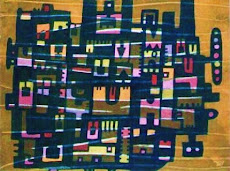


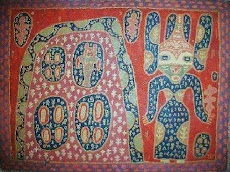






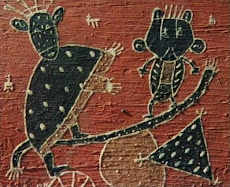


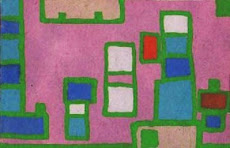




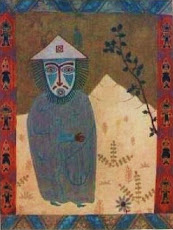



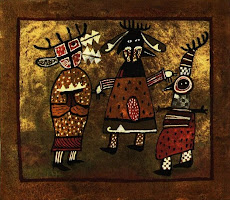






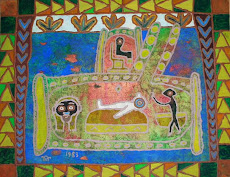




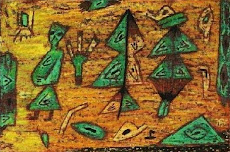
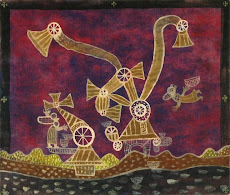






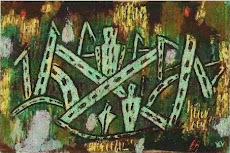
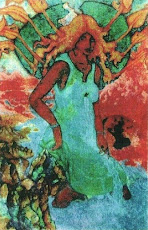

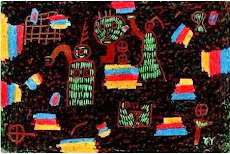
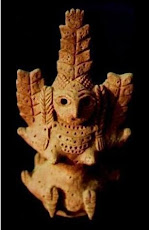
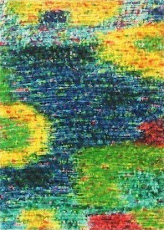




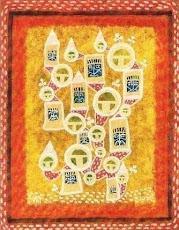
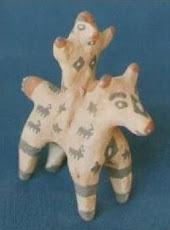
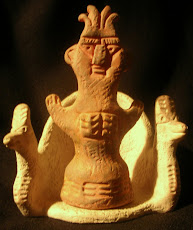
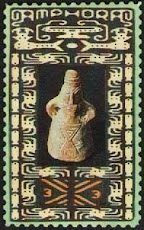
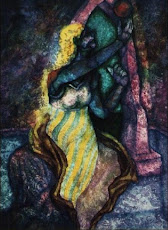
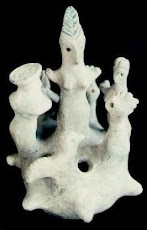

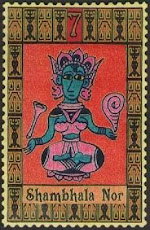

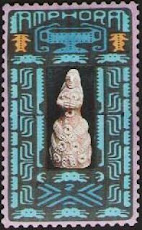
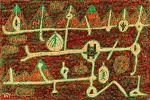

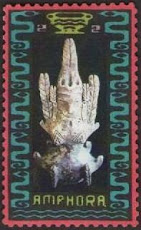
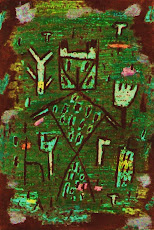


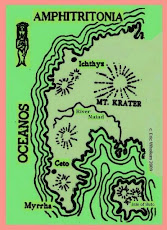
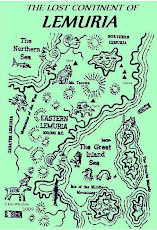
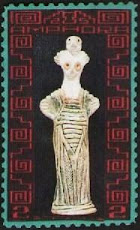



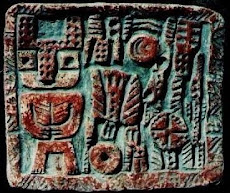

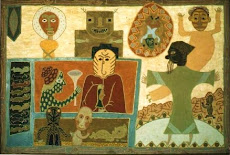





No comments:
Post a Comment
Inquiries, reactions, observations, favorites, commentary. Share with others.